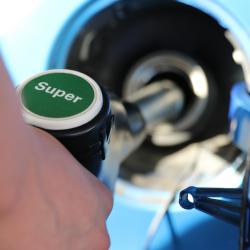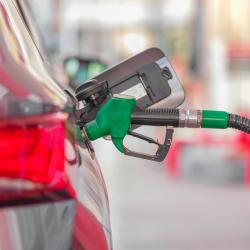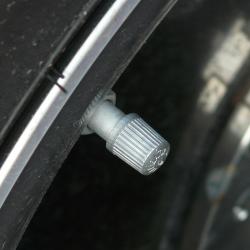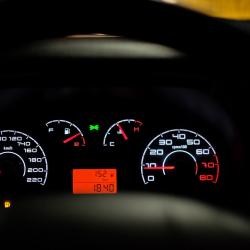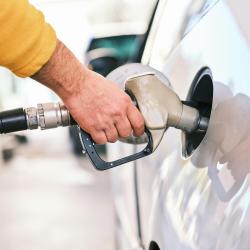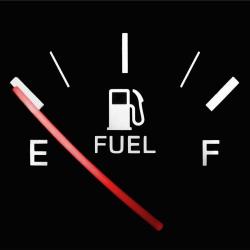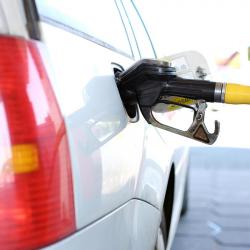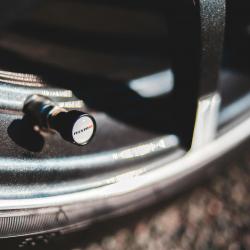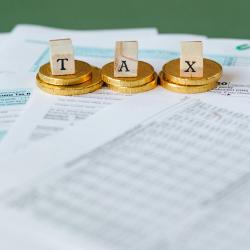Does Speeding Really Affect Your Fuel Efficiency?
With fluctuating fuel prices and growing environmental concerns, understanding the dynamics of fuel consumption has become crucial. One of the most debated topics in this context is whether speeding significantly affects fuel efficiency. This article delves into the science behind fuel consumption and speed, highlighting the truth behind this common driving dilemma.
The Science of Fuel Efficiency
Fuel efficiency, often measured in miles per gallon (mpg) or liters per 100 kilometers, depends on numerous factors. These include vehicle type, engine size, aerodynamics, and driving habits. Among these, speed plays a pivotal role in determining how much fuel a vehicle consumes.
At lower speeds, a car's engine operates within an optimal range, balancing power and fuel consumption. However, as speed increases, the engine works harder to overcome additional forces such as air resistance (drag) and rolling resistance. This increased effort leads to higher fuel consumption, often negating the time saved by driving faster.
The Impact of Speeding on Fuel Efficiency
-
Aerodynamic Drag: As speed increases, the force of aerodynamic drag rises exponentially. At highway speeds, drag is a significant factor in fuel consumption. For instance, driving at 80 miles per hour instead of 60 can increase fuel consumption by up to 20%. This is because the engine must work harder to push the vehicle through the denser air at higher speeds.
-
Engine Efficiency: Most internal combustion engines have a specific speed range where they operate most efficiently. Exceeding this range through speeding causes the engine to burn more fuel to maintain higher speeds, reducing overall fuel efficiency.
-
Non-linear Fuel Consumption: The relationship between speed and fuel consumption is non-linear. Small increases in speed can lead to disproportionately large increases in fuel consumption. This means that even marginal speeding can impact fuel efficiency significantly.
-
Stop-and-Go Traffic: Speeding often leads to more abrupt stops and accelerations, particularly in urban settings. This "jackrabbit" driving style is inefficient and can drastically reduce fuel economy.
-
Vehicle-Specific Factors: Different vehicles are designed with varying optimal speed ranges for efficiency. For instance, hybrid and electric vehicles may have different efficiency peaks compared to traditional gas-powered vehicles. Understanding your vehicle's specific efficiency profile can help in maintaining better fuel economy.
Balancing Speed and Efficiency
To maximize fuel efficiency, it is essential to find a balance between speed and fuel consumption. The U.S. Department of Energy suggests that for every 5 mph driven over 50 mph, the average vehicle's fuel efficiency decreases by about 7-14%. Therefore, maintaining moderate speeds not only enhances fuel economy but also reduces wear and tear on the vehicle, increases safety, and decreases emissions, benefiting the environment.
Conclusion
While the allure of speeding can be tempting, especially when time is of the essence, it is clear that it comes at a cost to fuel efficiency. Understanding the relationship between speed and fuel consumption can help drivers make informed decisions that save money and reduce environmental impact. By adopting more fuel-efficient driving habits, drivers can enjoy the dual benefits of lower fuel costs and a reduced carbon footprint. In the end, slowing down might just be the fastest way to save money on gas.

